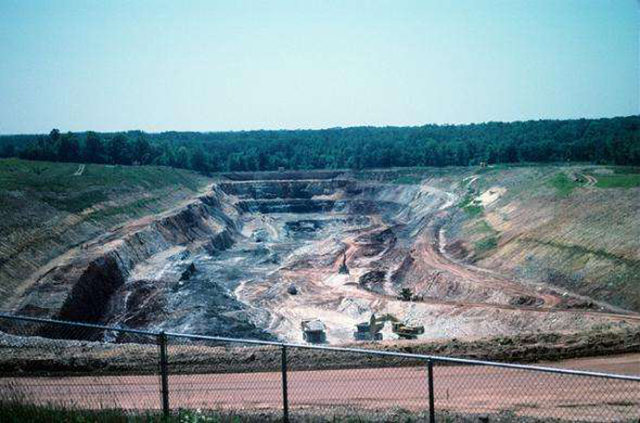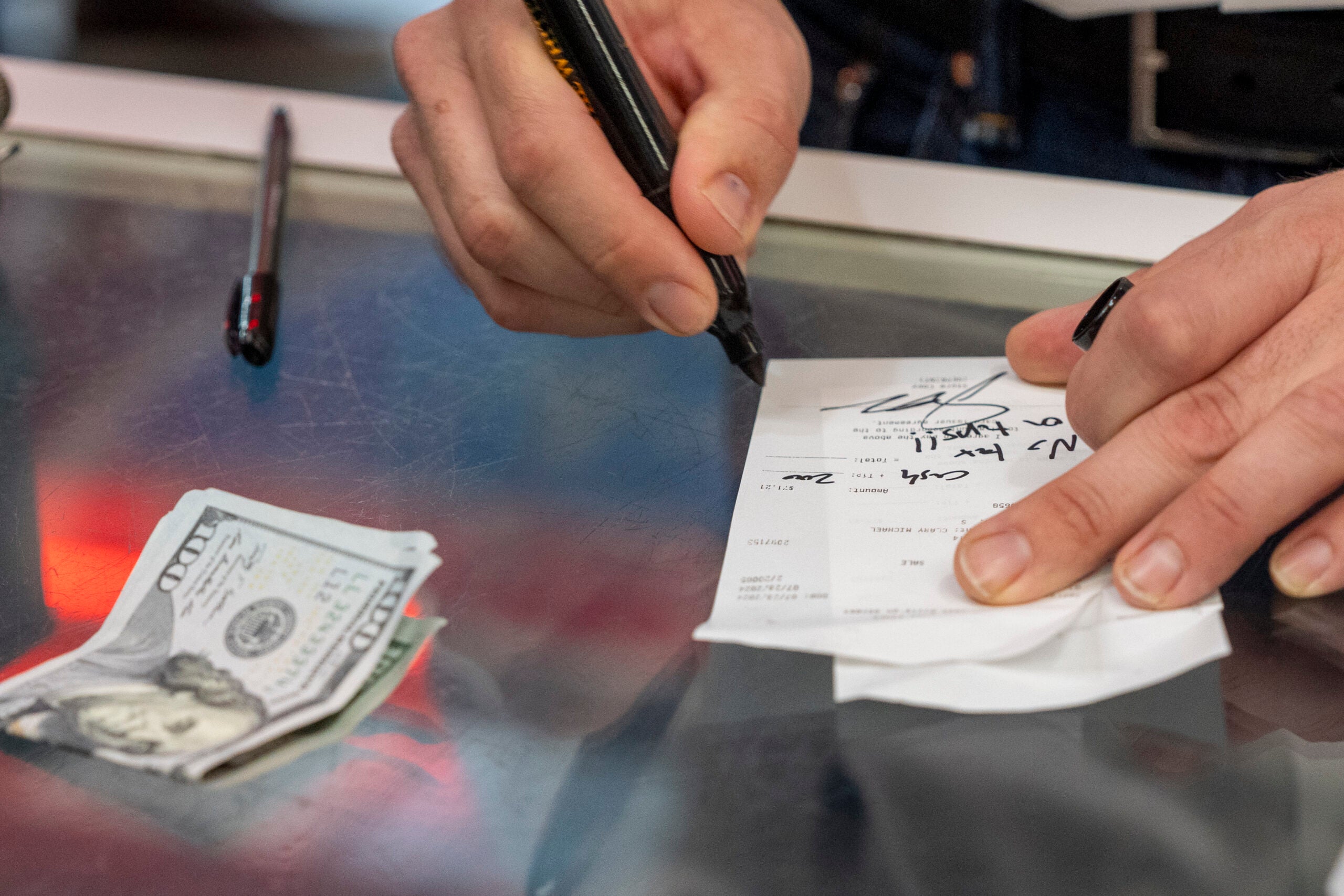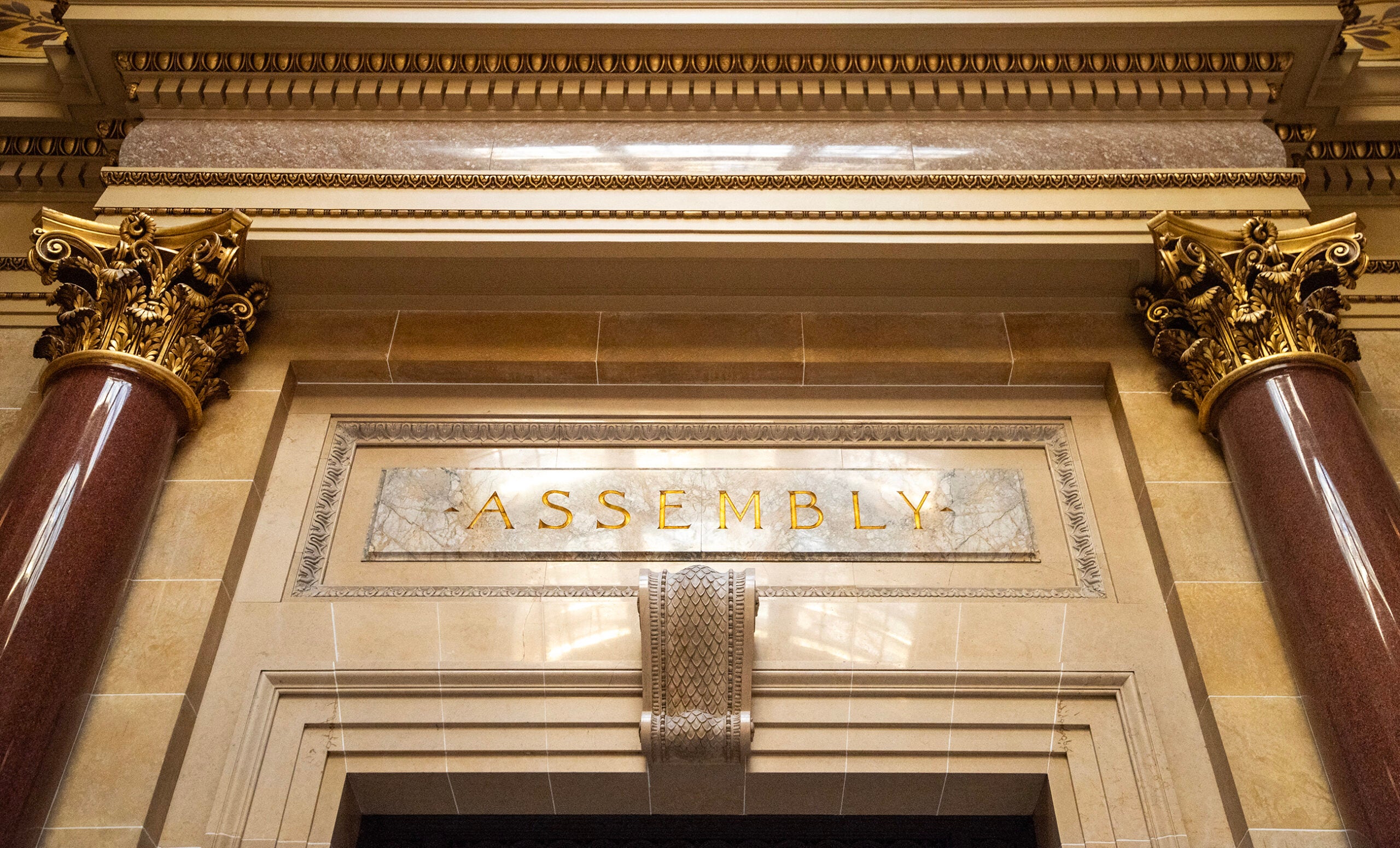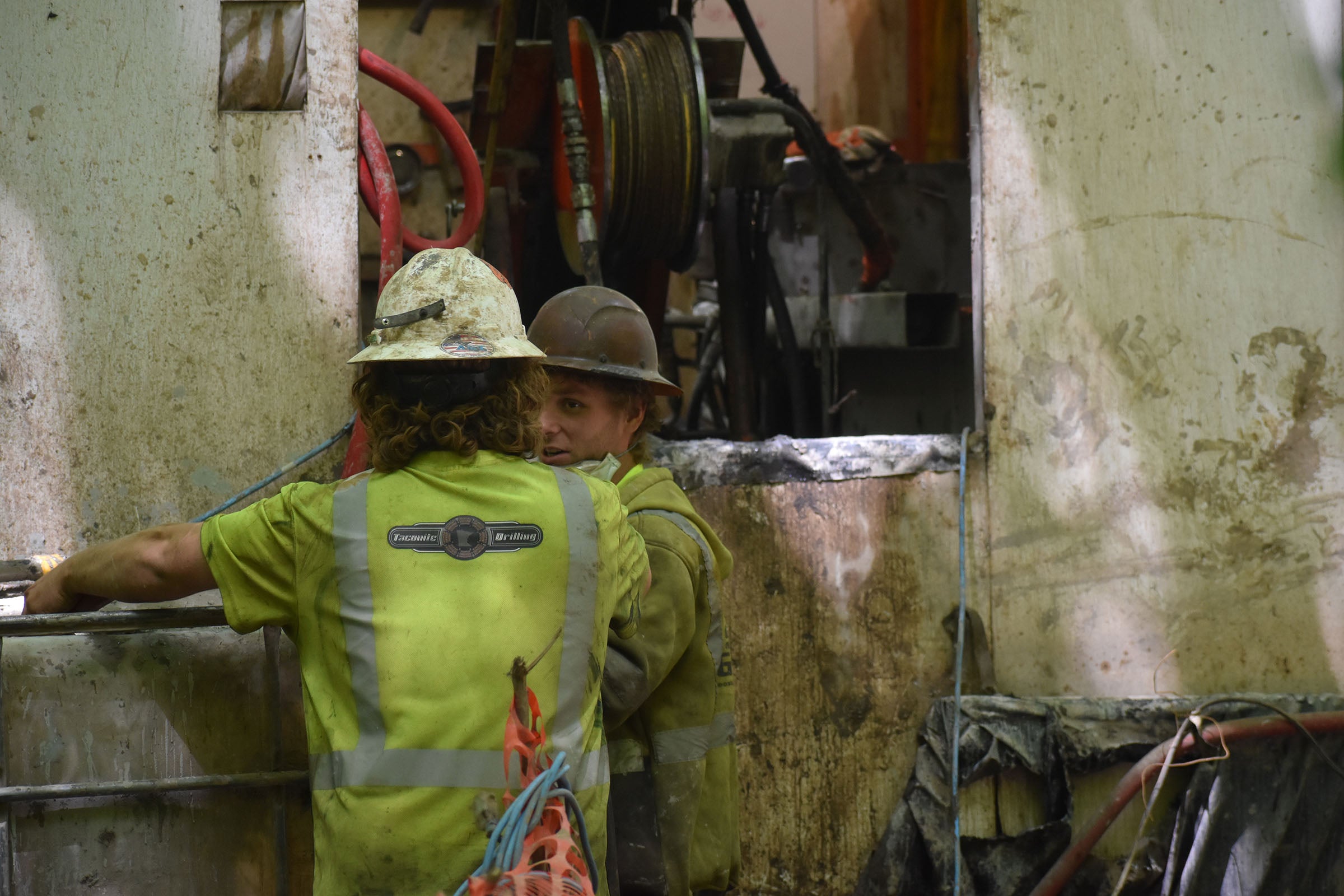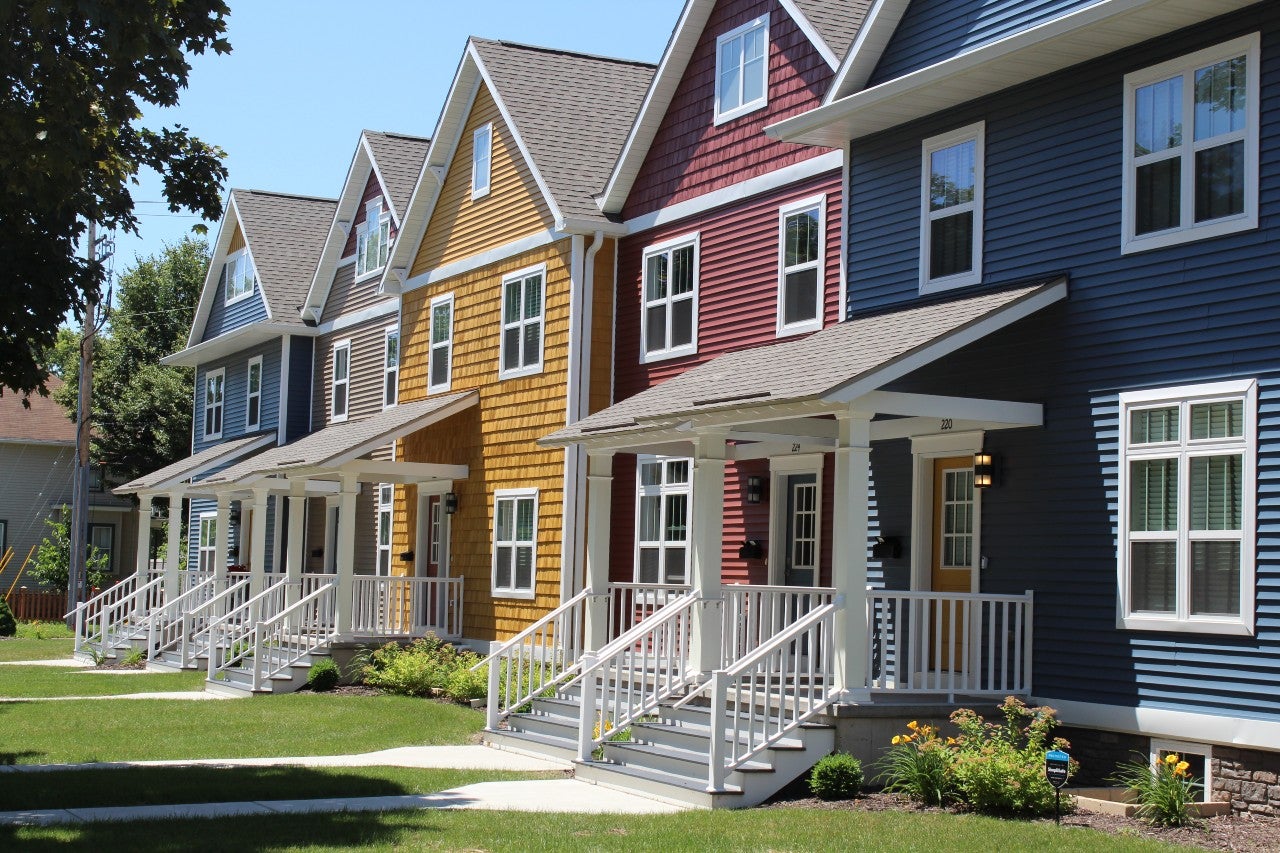The state Assembly has passed a bill lifting Wisconsin’s decades-old moratorium on sulfide mining.
The measure passed on a vote of 53-38 on Thursday evening.
“Knowing that we can do mining well here in Wisconsin, especially in northern Wisconsin, where we know a significant amount of resources are, we should at least be able to entertain, ‘Why not mining in our state,’” said Rep. Rob Hutton, R-Brookfield, the bill’s sponsor. “This is an environmentally and scientifically sound piece of legislation that simply opens up the discussion for a permitting process that in essence doesn’t exist today.”
News with a little more humanity
WPR’s “Wisconsin Today” newsletter keeps you connected to the state you love without feeling overwhelmed. No paywall. No agenda. No corporate filter.
Wisconsin’s mining moratorium, signed by former Gov. Tommy Thompson in 1998, requires companies seeking to mine sulfide ores such as copper, zinc, or gold to provide examples of similar Canadian or U.S. mines that operated and were closed for 10 years without causing pollution before they are authorized to mine in the state.
Mining for minerals in rock containing sulfide deposits comes with risks, because exposing sulfide to air and water can cause acid drainage, which can pollute nearby waters.
Supporters of the bill argue it includes regulations that will provide necessary environmental protections.
“Nothing in the bill degrades the ability of the (state Department of Natural Resources) to continue to make sure we have some of the most rigorous environmental review processes in the entire country,” said Assembly Speaker Robin Vos, R-Rochester.
Vos and other supporters argued technologies that have been developed since the moratorium was put in place will help protect the environment.
Proponents also argued opening up the potential for mining operations across the state will create jobs.
“I am pleased the Wisconsin state Assembly has recognized the great economic opportunity mining can provide for northern Wisconsin,” said Sen. Tom Tiffany, R-Hazelhurst, the bill’s sponsor in the Senate, after the Assembly’s vote. “The state Assembly has taken the first step toward an economic rejuvenation that will bring family supporting jobs back to our rural communities.”
However, opponents to the bill have argued there haven’t been adequate technological advances to protect the state’s water from the potential risks of sulfide mining.
“Sulfide mining is dirty and it pollutes our water,” said Rep. Katrina Shankland, D-Stevens Point. “This bill is a giveaway to the dirtiest industry in America. It removes an important protection from state law, one that passed with strong bipartisan support and one that succeeded for years.”
The Assembly approved several amendments to the bill on Thursday night, aimed at shoring up support in the Senate for the proposal.
Vos conceded early Thursday afternoon that Republican Sens. Jerry Petrowski, R-Marathon, and Robert Cowles, R-Green Bay, had expressed reservations about the bill. A spokesman for Sen. Luther Olsen, R-Ripon, confirmed to WisPolitics.com on Thursday that the senator had previously voiced concerns, but was willing to vote for the bill in light of negotiated amendments set to be introduced on the Assembly floor.
The amendments, which were approved by the Assembly, would add a short delay to the start date of the proposed law, intended to give local governments more time to evaluate their mining ordinances, as well as put protections in place to keep mining operations from exploiting loopholes to avoid paying state taxes, and clarify practices for bulk sampling of land.
Hutton said the amendments ensure the bill will have enough support in the Senate to pass.
A spokesman for Senate Majority Leader Scott Fitzgerald, R-Juneau, said the Senate is aiming to take up the bill next week.
“We are still working with caucus members to secure the necessary support, but our goal is still to take the bill up on Tuesday of next week, especially in light of the Assembly taking it up today,” said Fitzgerald spokesman Dan Romportl.
Editor’s Note: This story was updated with original reporting from WPR at 10:19 p.m. on November 2, 2017.
Wisconsin Public Radio, © Copyright 2026, Board of Regents of the University of Wisconsin System and Wisconsin Educational Communications Board.

